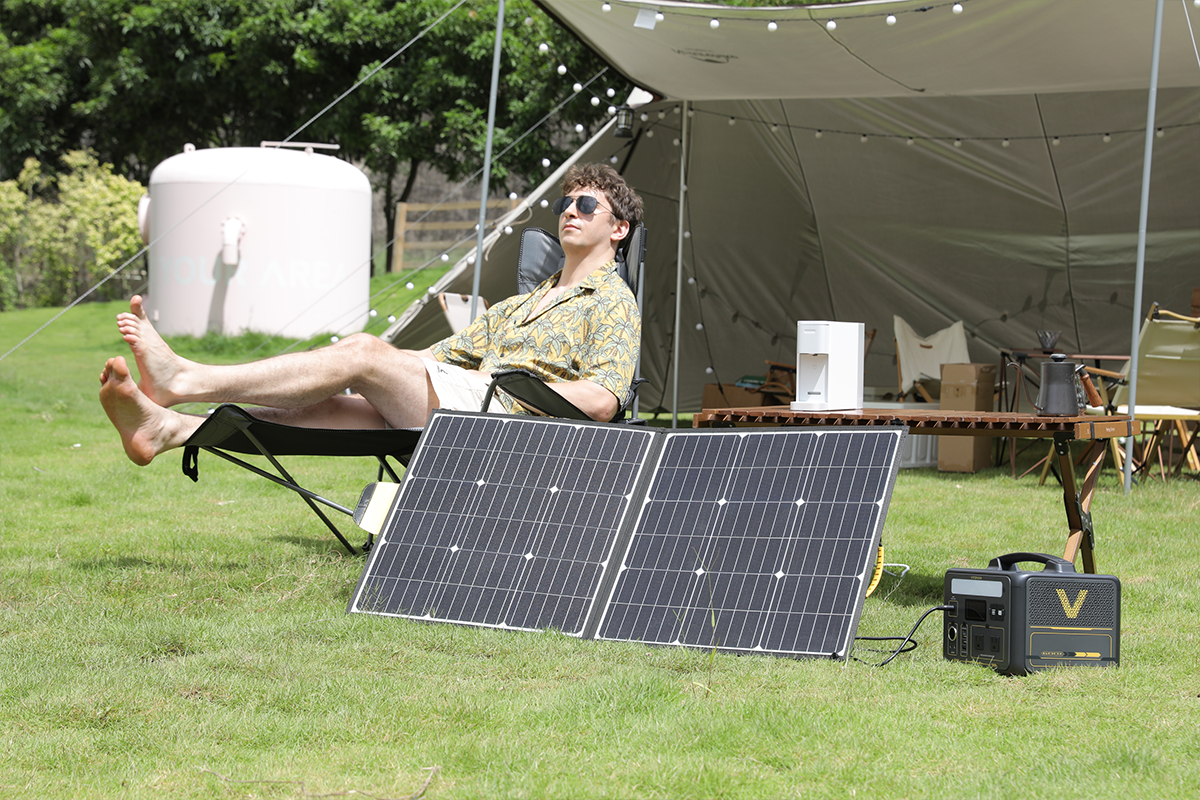The Essential Guide to Choosing the Perfect Camping Generator
Body
When it comes to camping, having a reliable source of power is essential. Whether you want to charge your devices, power your cooking appliances, or keep your lights on, a camping generator can be a lifesaver. However, with so many options available in the market, choosing the perfect camping generator can be a daunting task. In this guide, we will walk you through everything you need to know to make an informed decision.

Understanding Your Power Needs
The first step in choosing the perfect camping generator is understanding your power needs. Consider the appliances and devices you plan to use during your camping trip. Make a list of their power requirements, including the wattage and voltage. This will help you determine the size and capacity of the generator you need.
For example, if you plan to use a small refrigerator, a portable stove, and charge your phone and laptop, you will need a generator with a higher wattage capacity. On the other hand, if you only need to power a few lights and charge your phone, a smaller generator will suffice.
Choosing the Right Type of Generator
There are several types of camping generators available, each with its own advantages and disadvantages. The most common types include inverter generators, conventional generators, and solar generators.
Inverter Generators
Inverter generators are known for their quiet operation and clean power output. They are more fuel-efficient and produce stable power, making them ideal for sensitive electronics like laptops and smartphones. Inverter generators are also lightweight and portable, making them a popular choice among campers.
Conventional Generators
Conventional generators, also known as portable generators, are more affordable and offer higher power output. They are suitable for powering larger appliances and tools. However, conventional generators tend to be louder and less fuel-efficient compared to inverter generators.
Solar Generators
Solar generators are an eco-friendly option that harnesses the power of the sun to generate electricity. They are silent, produce zero emissions, and require minimal maintenance. However, solar generators have lower power output and rely on sunlight for charging, which may not be ideal for cloudy or rainy days.
Consider the Generator's Portability
Portability is a crucial factor to consider when choosing a camping generator. You want a generator that is lightweight and easy to transport, especially if you plan to move around frequently during your camping trip. Look for generators with built-in handles or wheels for convenient transportation.
Additionally, consider the generator's size and dimensions. It should fit comfortably in your camping gear without taking up too much space. Remember, the goal is to have a generator that is both powerful and portable.
Assessing Noise Levels
Noise levels can significantly impact your camping experience. Generators with high noise levels can disturb the tranquility of the outdoors and annoy fellow campers. When choosing a camping generator, look for models that offer quiet operation.
Many manufacturers provide noise level ratings in decibels (dB) for their generators. Aim for a generator with a noise level below 60 dB, which is considered relatively quiet. Inverter generators are known for their quiet operation, making them a popular choice for camping.
Remember to be considerate of your surroundings and choose a generator that won't disrupt the peace of nature.
Conclusion
Choosing the perfect camping generator doesn't have to be overwhelming. By understanding your power needs, considering the different types of generators, assessing portability, and evaluating noise levels, you can make an informed decision that suits your camping requirements.
Remember, the essential guide to choosing the perfect camping generator is to find a balance between power, portability, and noise levels. With the right generator by your side, you can enjoy a comfortable and convenient camping experience, knowing that you have a reliable source of power whenever you need it.












Comments